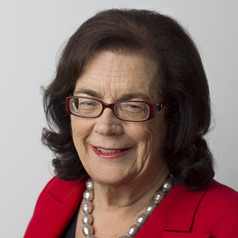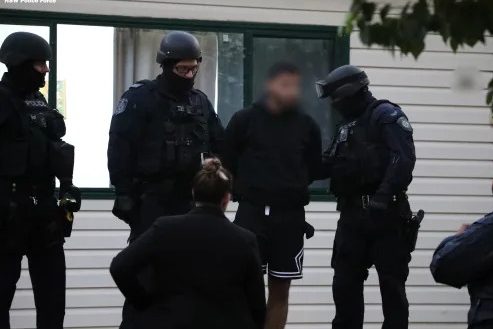MALCOLM Turnbull has threatened to use the Commonwealth’s power over exports against gas producers if they do not carry through with undertakings to make more gas available for the domestic market.

“It is fundamental for Australians to be able to have the gas they need. There’s no point boasting about being, shortly, the largest exporter of liquefied natural gas if you don’t have enough gas at home,” he said after meeting east coast producers.
The producers guaranteed gas would be available to meet peak demand periods in the national electricity market, such as during heatwaves, with implementation arrangements to be in place for next summer.
They also promised to make more gas available for the local market “as soon as possible, to keep downward pressure on prices”.
Producers will revise their production forecasts for domestic gas and the Australian Energy Market Operator (AEMO) will update the supply outlook.
Turnbull said the projection last week showed a shortage of supply in the eastern market with deep implications for energy security. The AEMO said then: “A projected decline in gas production could result in a shortfall of gas-powered electricity generation impacting New South Wales, Victoria and South Australia from the summer of 2018-19.”
Turnbull said two of the east coast LNG exporters, APLNG and QGCLNG, have committed to being net domestic gas contributors – putting more gas into the domestic market than they took out of it – while the third, GLNG, “is taking the matter on notice”.
The meeting also called on state and territory governments to revisit present restrictions on gas exploration and development. Turnbull condemned new Victorian legislation banning gas exploration and development onshore, describing it as a reckless policy undermining the gas market.
There will be work on reforming the gas market and improving transparency, including to facilitate competition between producers and information for purchasers.
Another meeting will be held in a month to review progress.
Turnbull said the undertakings meant there wouldn’t be a repeat of a situation where the regulator called on a gas-peaking power plant for electricity in a heatwave, and there was no gas available.
But he said that while considerable progress had been made, there was more work to be done.
The government wanted as much freedom in the market as possible. “But I stress, we will not shirk from any measures that would be required – if all else fails – to protect Australian businesses, jobs and families,” he said.
“All of the powers that we have under the Constitution, we reserve to be able to be used as and when the national interest demands it.”
“We are a massive gas exporter. It is utterly untenable, unacceptable, for us to be in a position where domestic gas consumers – whether it’s generators, whether it’s businesses and industry, or whether it’s families – cannot have access to affordable gas.”
What the government wanted was to have more gas produced, more exported, and more available to create thousands of Australian jobs and to warm Australian homes.
The Australian Industry Group said it would take time to judge the effectiveness of the commitments the gas exporters were giving to domestic supply.
The group’s chief executive, Innes Willox, said supply into the gas market during extreme peaks was critical for a secure electricity system, “but it is the chronic tightness of the gas market that is driving contract prices to extremes.
“The test for the gas exporters will be whether they can stabilise the domestic contract market, not just tip some gas into the spot market from time to time.”
Willox said Australia was now paying the highest gas prices in the developed world.
“The soaring price of Australian gas has now reached record levels, taking Australia from having a competitive advantage in low gas prices to the point where even Japanese customers are able to buy gas on spot markets for well below the prices being offered to Australian customers today.”
Labor renewed its call for a reservation policy to ensure an adequate local supply.
Michelle Grattan, Professorial Fellow, University of Canberra
This article was originally published on The Conversation. Read the original article.
Who can be trusted?
In a world of spin and confusion, there’s never been a more important time to support independent journalism in Canberra.
If you trust our work online and want to enforce the power of independent voices, I invite you to make a small contribution.
Every dollar of support is invested back into our journalism to help keep citynews.com.au strong and free.
Thank you,
Ian Meikle, editor




Leave a Reply